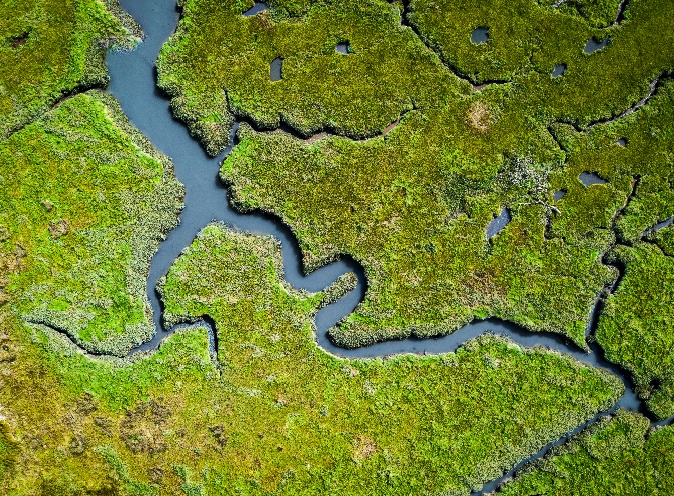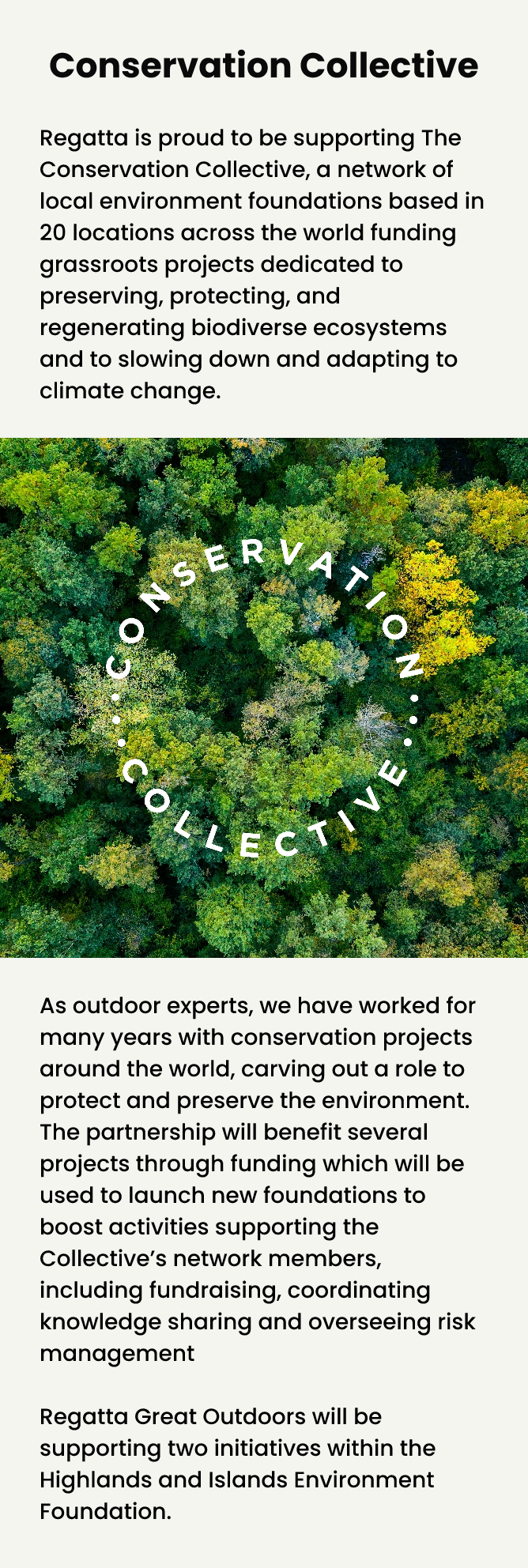We’re committed to delivering on our targets for reducing waste, water and carbon emissions. We believe that every individual can make an impact and we’re committed to reducing our footprint across all our operations.

Renewable Energy
We are committed to increasing our use of renewable energy where possible with long term financial planning underway to ensure all our global electricity needs come from 100% certified renewable sources. We have installed solar panels, across the roof of our main Head office and our Distribution Centre, meaning we draw less electricity from the grid.
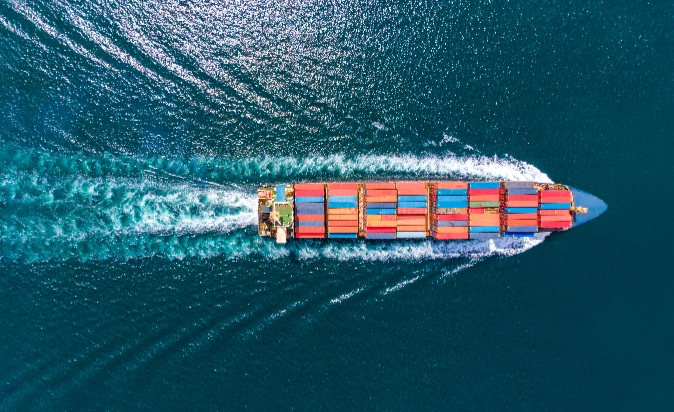
Shipping
The Group default shipping method remains by sea, with train travel considered before any high impact methods of transport like airfreight, even if for only part of the journey. Our strategy of consolidation and the shipment of full containers is mandatory for our logistic provider to make sea travel the preferred method of low impact method of shipping.
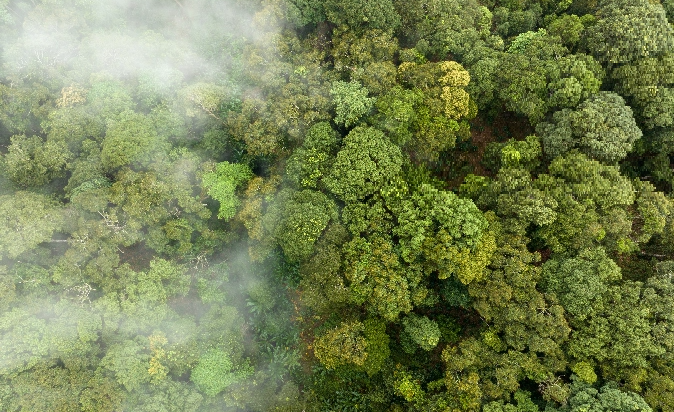
GHG & Carbon Measurement
We are well underway with our carbon measurement plan for workplaces, shipping, operations and business fleets and have plans in place to manage our emissions. This includes collating data, setting a baseline and then targeting in line to achieve the targets set by signing up to the UN Global Compact, to emit 50% less GHG by 2030.
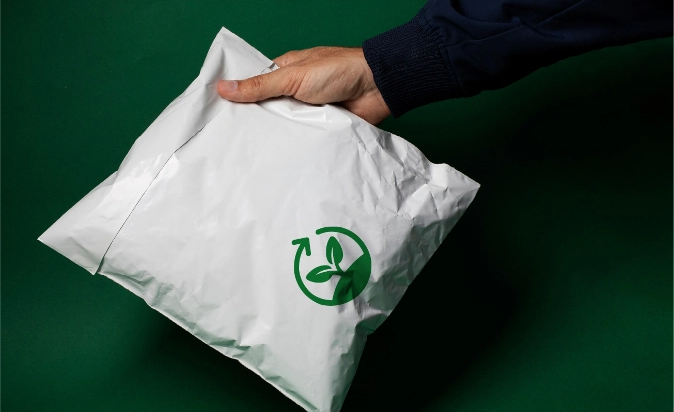
Packaging
Since AW23 our polybags have been made from 100% recycled plastic, are fully recyclable and the size is seasonally reviewed to ensure minimal plastic use. For some products we have reduced the size by over 25%. The priority for our warehouse at Pioneer Point is to reduce plastic by 20% by the end of 2024 and 50%+ in the next 2-3 years. Where possible across The Regatta Group paper is derived from renewable sources as we strive to follow an FSC Standard approach to paper packaging.
Partnerships
Through our partners, we want to enrich the lives of others, using the outdoors as the key and help protect our ecosystems either on land or in the sea, ensuring that we do our bit for the environment.
Save our Seagrass
Seagrass is a vital marine habitat. Unfortunately, damage from dredging and anchoring, and poor water quality has caused the UK to lose over 90% of its seagrass meadows in the last century.
Wild Planet Trust’s Save our Seagrass project aims to protect seagrass meadows through a holistic strategy of community engagement and ecological monitoring – working in collaboration with local stakeholders to increase knowledge and understanding of the local marine environment and the most effective ways to protect it. DEF funding will enable Save our Seagrass to continue monitoring work to gain further understanding of the health of Torbay’s seagrass meadows, coupled with an ambitious advocacy campaign to spread awareness of the problems seagrass faces to reduce local human impact.
